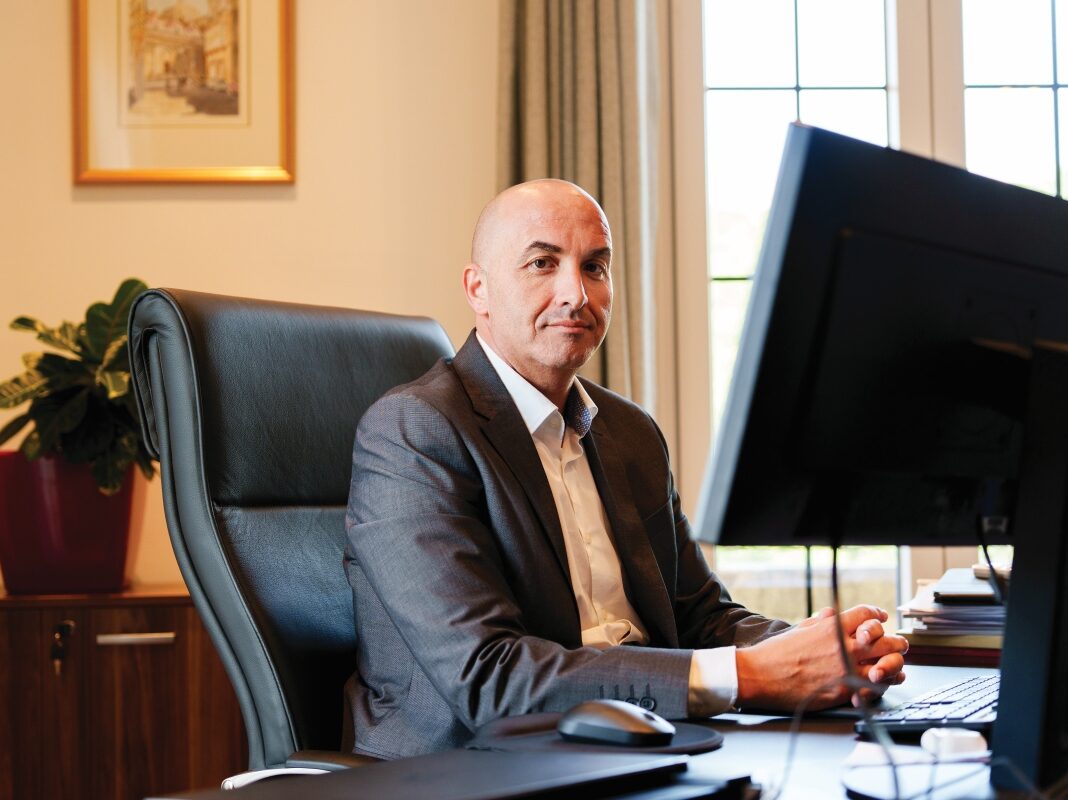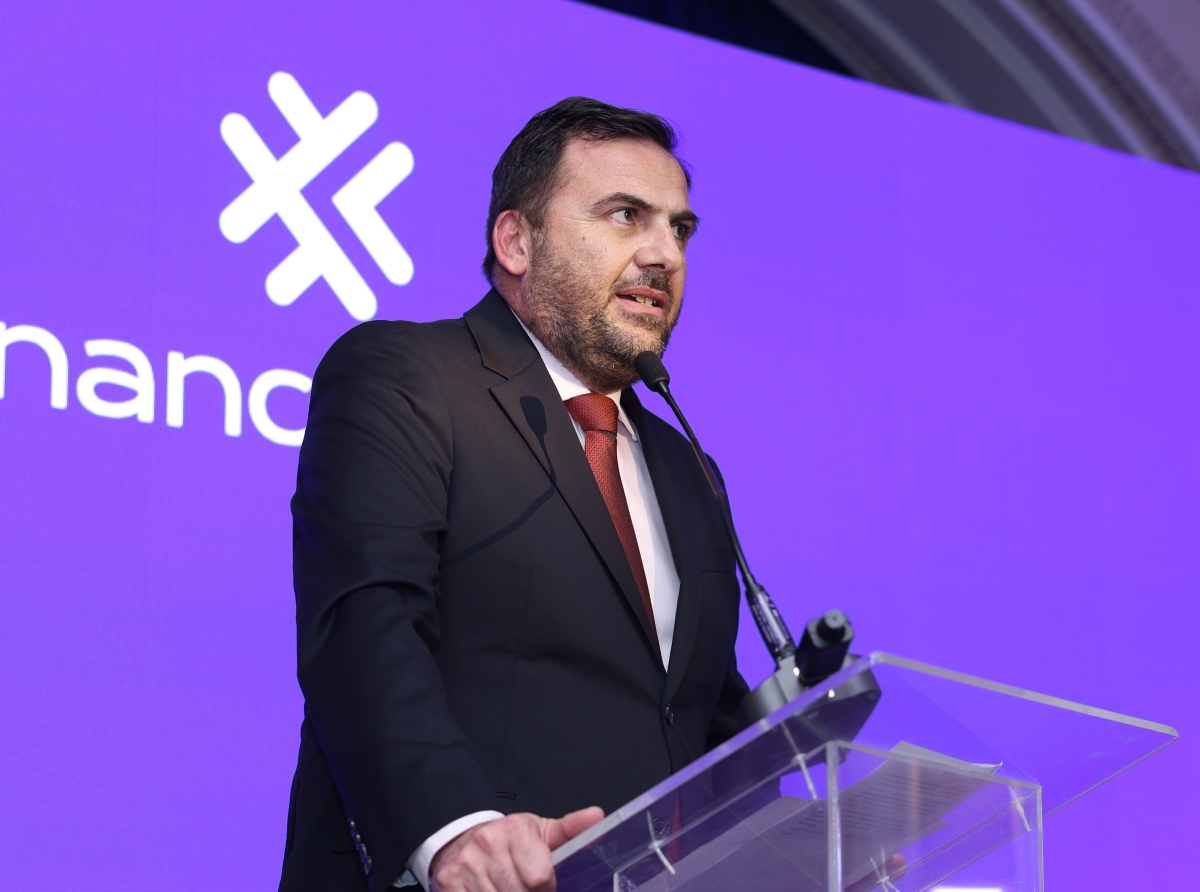Malta offers several residency schemes to those wishing to take up legal residence in Malta, all of which grant holders full flexibility in their travel to and from the islands, and confer the right to move freely in the 26 countries of the Schengen Area without any visa requirements for up to 90 days in each 180-day period.
Permanent residents can also freely repatriate any capital or income from sale of property or encashment of investment.
Beyond that, however, there are important differences related to the eligibility, application requirements, and tax implications (bearing in mind that Malta does not impose any wealth, inheritance, estate, or gift taxes).
Citizenship
Residents gain the right to apply for Maltese citizenship by naturalisation after they have lived in Malta for five years. Applicants must have resided in Malta in the 12 months preceding the application date, and for any four years out of the preceding six. They must also be able to communicate in English (or Maltese, which, while commendable, is not for the faint-hearted). Citizenship is granted by the Minister responsible, who has full discretion to accept or refuse any application.
Malta Retirement Programme
Malta has long been considered an ideal place to retire. Malta’s accession to the EU allowed Continentals to discover the joys that were once the preserve of British retirees, a large community of whom continues to call the islands home.
Since 2020, the opportunity to enjoy the many benefits the country offers to pensioners has been extended to citizens of all nationalities.
The Malta Retirement Programme (MRP) is designed to attract those who are not in employment and who are in receipt of a pension as their regular source of income. The pension may be of any kind, but must constitute periodic payments, not a lump sum.
As the adage goes, retired does not mean inactive. Beneficiaries of the MRP may hold a non-executive post on the board of a company resident in Malta, and can also be active in institutions, trusts, foundations, or similar organisations of a public character, engaged in philanthropic, educational, or research and development work in Malta.
The scheme carries physical presence requirements, so beneficiaries must reside in Malta for a minimum of 90 days in each calendar year, although this can be averaged out over a five-year period. They must also not reside in any other jurisdiction for over 183 days in any calendar year.
The MRP contains provisions for a ‘special carer’, referring to an individual who has been providing ‘substantial and regular’ care to the beneficiary or their dependents for at least two years prior to the application. The two-year requirement may be waived at the discretion of the Commissioner for Revenue, whose office operates the programme, if it is convinced of the necessity (e.g. recent engagement of staff due to a recent illness).
Beneficiaries may have more than one household staff who may live with them in the qualifying property. Such staff must register with the local tax authorities and are subject to pay tax in Malta at the standard progressive rates. Unless they are EU citizens, a work permit is also required.
MRP tax implications
Residence holders through the MRP are granted a special tax status with pension income remitted to Malta taxed at an attractive flat rate of 15 per cent. Income arising in Malta is charged at a flat rate of 35 per cent.
MRP eligibility criteria
Capital: No particular capital requirements.
Minimum tax: MRP beneficiaries must submit an annual tax return showing they have paid at least €7,500 in taxes for the main beneficiary and another €500 per annum for every dependent.
Income: At least 75 per cent of the individual’s income must derive from a pension, with a maximum 25 per cent coming from other sources. Proof of sufficient financial resources to maintain themselves and their dependents without recourse to social assistance must be presented.
Background check: Applicants must have a clean criminal record, and must not pose any threat to national security, public policy, public health, or public interest.
MRP application
Application: An application must be submitted through an Authorised Registered Mandatory.
Property: Upon approval, applicants must purchase or rent a property in Malta as their principal place of residence. Purchased property must have a minimum value of €275,000 (€220,000 if the property is situated in Gozo or the south of Malta). A rental agreement must meanwhile be for a minimum of €9,600 per year (€8,750 if the property is situated in Gozo or the south of Malta).
Application fee: The MRP application fee is €2,500.
Health insurance: Applicants must have global health insurance and must provide evidence that they can maintain this indefinitely.
Applicants must also be in possession of a valid travel document, and, when travelling across Schengen, non-EU nationals must take out travel insurance.
More information about the Malta Retirement Programme can be found on the website of Malta’s income tax department, the Commissioner for Revenue, which is the entity responsible for the scheme.
This feature was first carried in the Malta Invest 2023 edition. Malta Invest is the first-ever comprehensive international investment guide focusing on Malta as a destination. It is produced by Content House Group.
Leading MAPFRE Middlesea into the future
CEO Etienne Sciberras details how strategy, culture and social purpose are shaping both MAPFRE Middlesea and his leadership approach
FinanceMalta signals ‘new approach’ to promotional strategy
'FinanceMalta will place greater emphasis on equipping members with the tools needed to promote Malta effectively in priority markets'
From roses to burgers: Wolt data reveals how Malta is redefining love this Valentine’s Day
Wolt’s Valentine’s data highlights a clear shift towards private, practical gifting






